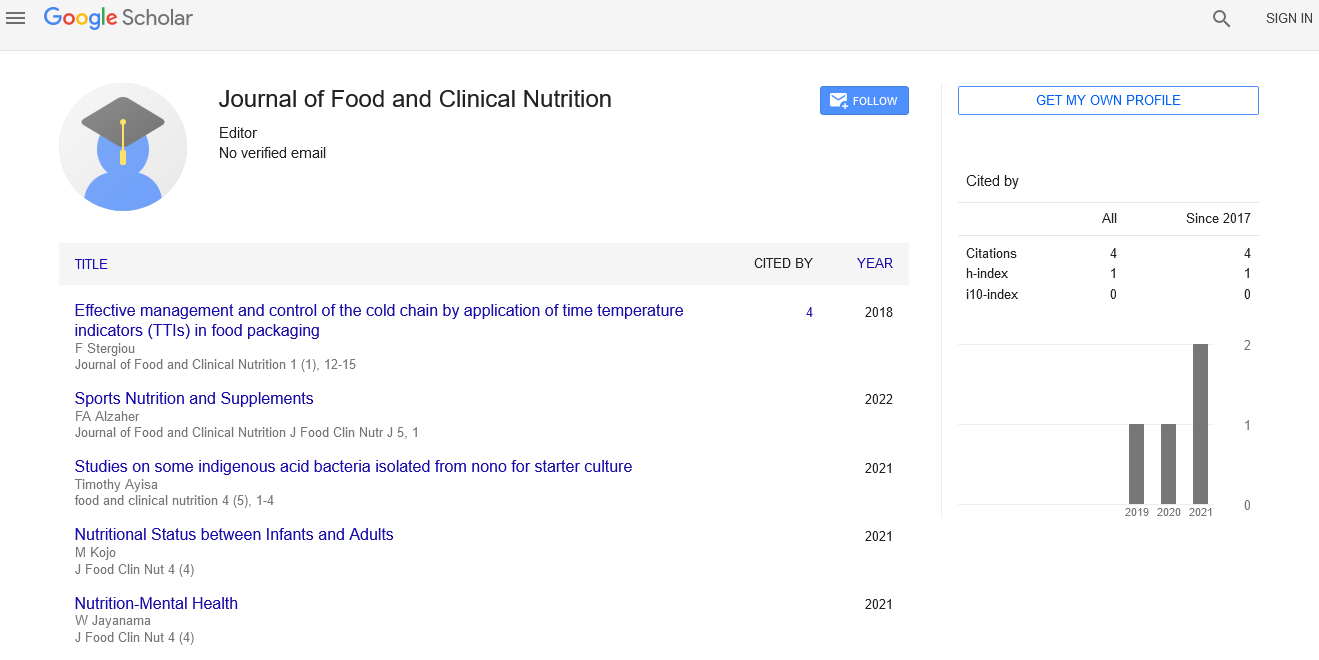
Sign up for email alert when new content gets added: Sign up
Abstract
Facts about Dehydration
Author(s): Fotis StergiouDehydration occurs when water intake is not enough to replace free water lost due to normal physiologic processes, including breathing, urination, and perspiration, or other causes, including diarrhea and vomiting. Dehydration can be life-threatening when severe and lead to seizures or respiratory arrest, and also carries the risk of osmotic cerebral edema if rehydration is overly rapid. Dehydration happens when your body doesn't have as much water as it needs. Without enough, your body can't function properly. You can have mild, moderate, or severe dehydration depending on how much fluid is missing from your body. Thirst is the most obvious sign of dehydration. Other signs include fatigue, lethargy, dizziness, headache, and muscle cramps. You may also urinate less often than you normally do, or have dark urine. In addition, your skin may be drier and less elastic than usual, and you may be prone to confusion and feeling faint.




